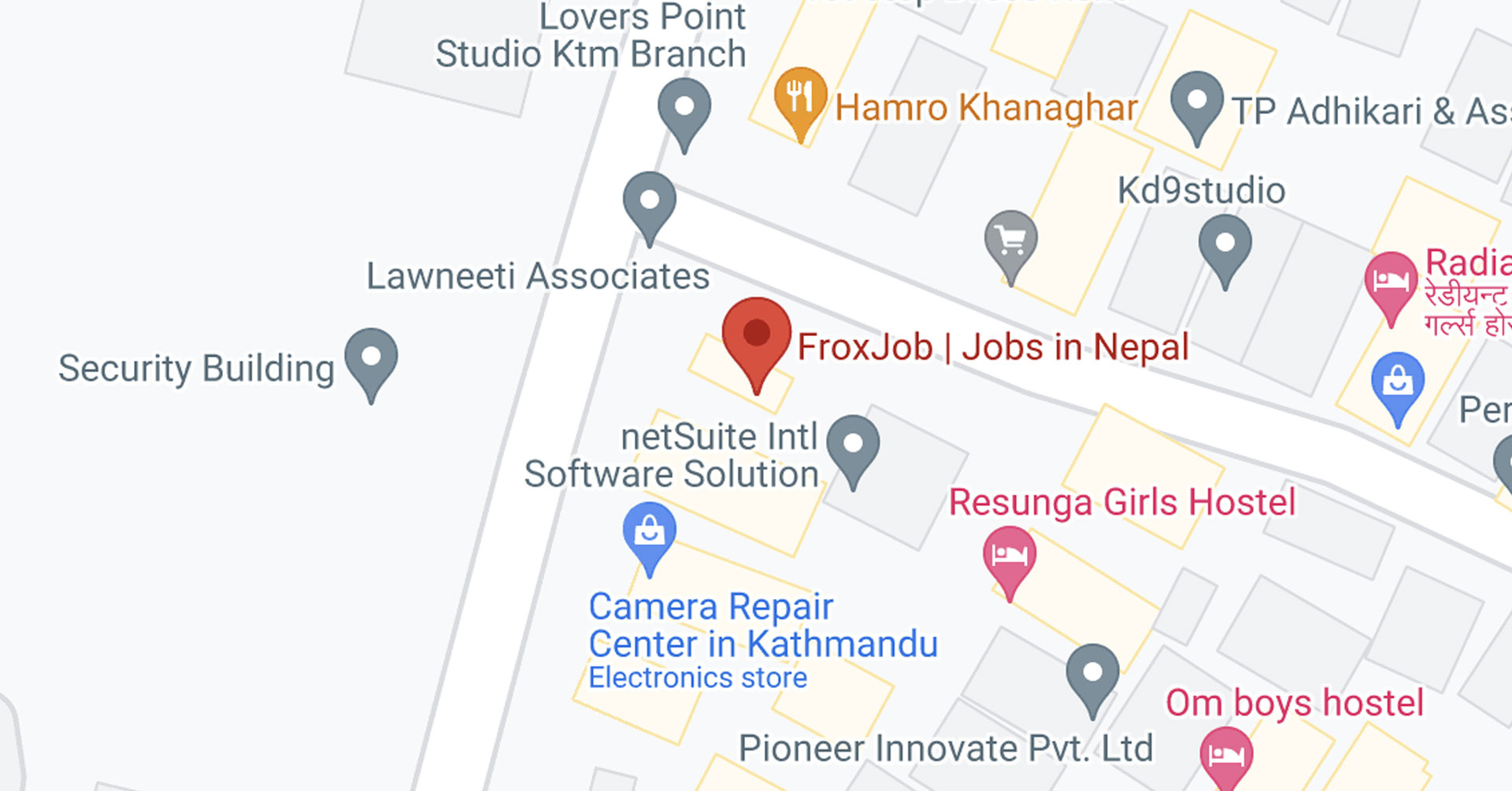The Importance of Soft Skills in Today's Workplace

The Importance of Soft Skills in Today’s Workplace
Technical abilities alone are no longer sufficient for success in the quickly changing commercial environment of today. Soft abilities assist you go up the ladder, while hard skills help you get your foot in the door. These behavioral and interpersonal abilities are what really set professionals apart in the job.
Soft Skills: What Are They?
Soft skills are character traits that allow one to communicate with people in a productive and peaceful manner. They consist of leadership, teamwork, communication, problem-solving, flexibility, and emotional intelligence. Soft talents are more about your mindset, method, and teamwork than hard abilities, which are quantifiable and certified.
Why Are Soft Skills So Important?
- Enhanced Communication:
A team's trust is increased, misunderstandings are avoided, and transparency is encouraged through clear and effective communication. It guarantees that concepts are exchanged, criticism is comprehended, and cooperation proceeds without hiccups.
- Better Team Work
Organizations thrive when employees work collaboratively, share ideas, and resolve conflicts effectively. When workers cooperate, communicate honestly, and settle disputes amicably, organizations prosper. Positive company culture and increased productivity are the results of strong teamwork.
- Adaptability to Change
Modern workplace is dynamic and fast-paced. Those who adapt quickly to new technologies, processes, and work environments remain competitive and help organizations stay ahead of the curve.
- Get ready for interviews beforehand
Don't put off getting ready until you receive an interview call. Review your prior experience, practice typical questions, and come up with examples that highlight your abilities. Test your equipment and create a distraction-free environment if the interview is conducted virtually.
- Leadership and Problem-solving
Strong leaders inspire and motivate their teams, guiding them through challenges and uncertainty. Combined with problem-solving skills, this ensures the organization remains resilient during crises.
- Customer Satisfaction
Soft skills like empathy, patience, and active listening are essential in understanding customer needs and delivering exceptional service, which creates loyalty and long-term relationships.
- Conflict Resolution
Although disagreements are bound to occur, staff members with excellent interpersonal skills can resolve them professionally and without jeopardizing relationships or team spirit.
The Future Belongs to Soft Skills
While many technical activities are being replaced by automation and artificial intelligence, soft skills are specific to humans and cannot be replicated by machines. Employers now place a higher priority on communication, critical thinking, and emotional intelligence than they did in the past, according recent surveys.
How to develop your Soft Skills
- Seek Feedback: Regularly ask colleagues or managers for constructive criticism.
- Practice Active Listening: Focus on understanding, not just responding.
- Engage in Team Activities: Collaboration builds confidence and adaptability.
Final Thoughts
In today’s competitive job market, your technical expertise may help you land a job, but your soft skills will help you keep it and grow in your career. Employers value professionals who not only deliver results but also inspire and work well with others. Soft skills are the foundation of trust, innovation, and long-term success in any organization. They help you navigate challenges, resolve conflicts, and create meaningful professional relationships that open doors to new opportunities.





